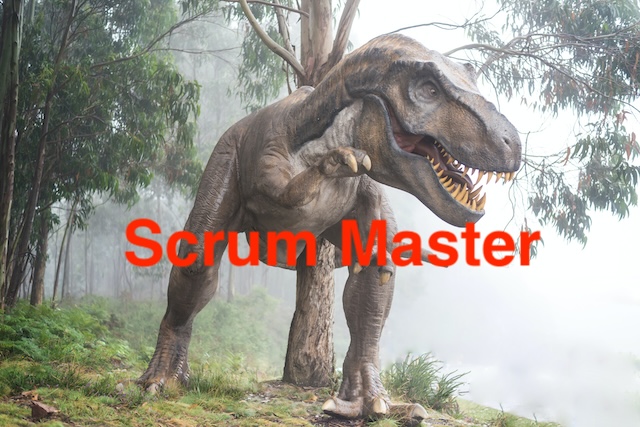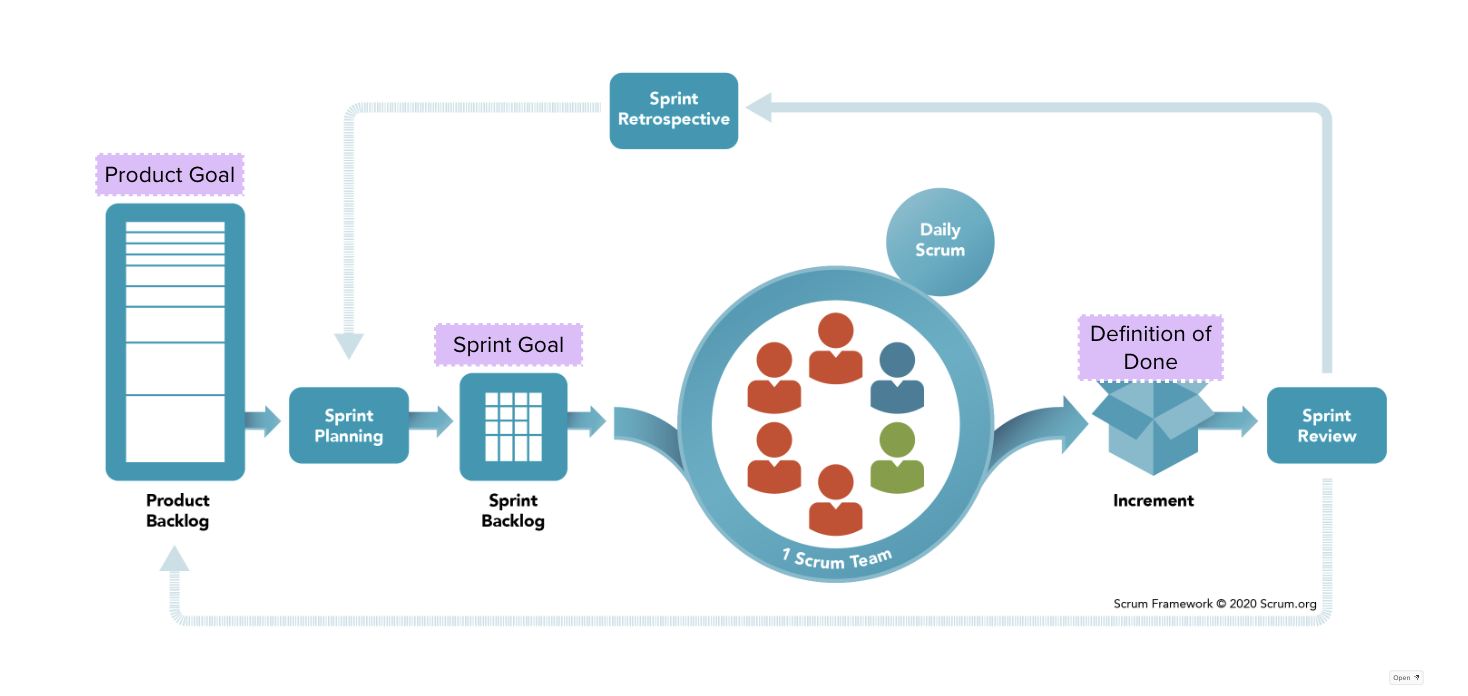Scrum Master as a Coach, Teacher and Mentor
Barry Overeem, in his paper on the 8 Stances of a Scrum Master, describes the Scrum Master as a Coach, Teacher, Mentor, Facilitator, Change Agent, Impediment Remover, Manager, and Servant Leader.
While all eight stances are valuable, three of them form the bedrock of an effective Scrum Master: Coach, Teacher, and Mentor. These roles are often blended, but each serves a distinct purpose in helping teams grow and thrive.
The Scrum Master as a Coach
Coaching is about unlocking the team’s potential, not providing all the answers. A Scrum Master as a Coach must develop patience, listening skills, and the ability to guide without directing.
What it feels like on a daily basis:
• Listens actively and patiently.
• Approaches coaching with the belief that the team already has the answers.
• Guides systematically without stepping in to do the work.
• Brings a holistic perspective into conversations.
• Understands that meaningful change is gradual and requires more than documented processes.
Coaching skills aren’t built overnight. They require practice, reflection, and years of honing the craft. Leadership experience helps, but the essence of coaching is trust — enabling teams to find their own answers.
The Scrum Master as a Teacher
Without relevant experience, it’s difficult for a Scrum Master to teach effectively. Teaching involves transferring knowledge — sometimes about Scrum itself, other times about broader product and development practices.
What it feels like on a daily basis:
• Teaching teams about Scrum events, values, and other agile practices.
• Guiding Product Owners in product management techniques like backlog slicing.
• Introducing developers to collaborative practices such as mob programming or TDD.
• Supporting testers by showing ways to collaborate better with developers.
Here, experience matters. A Scrum Master who has worked in product organizations can teach with credibility and practical insight, making abstract concepts more concrete.
The Scrum Master as a Mentor
While teaching is about transferring knowledge, mentoring goes a step further — it means walking alongside the learner. Unlike coaching, where the Scrum Master primarily asks questions, mentoring often involves sharing advice, experiences, and even modeling good practices.
What it feels like on a daily basis:
• Helping team members become better facilitators of Scrum events.
• Guiding individuals to resolve their own impediments.
• Offering advice and perspective as teams navigate different options.
Mentoring accelerates growth because it provides both knowledge and lived examples. It says: “Here’s how I’ve done it — now let’s try it together.”
Why These Stances Matter
Scrum Masters who lack skills in coaching, teaching, and mentoring often struggle to make an impact. This is why I encourage new Scrum Masters to gain experience in other roles within a Scrum Team before stepping into the role. Broader exposure equips you with insights to coach with empathy, teach with authority, and mentor with confidence.
Of course, no Scrum Master is an expert in everything. There are times when it makes sense to partner with others to fill skill gaps. For example, I have a background in development, but I lean on senior developers or architects when the team needs deep expertise in software design. This collaboration doesn’t diminish the Scrum Master role — it enhances it by ensuring the team gets the right guidance.
Closing Thoughts
Being a Scrum Master isn’t about titles or ceremonies. It’s about enabling people and teams to grow. Coaching enables the team to be better versions of themselves, teaching provides new knowledge, and mentoring builds on that knowledge to create long-lasting capabilities within the team.
I run a several courses on Agile Leadership and Scrum, if you are interested in learning more about the Scrum Framework, check out the ValueHut Consulting Academy page




